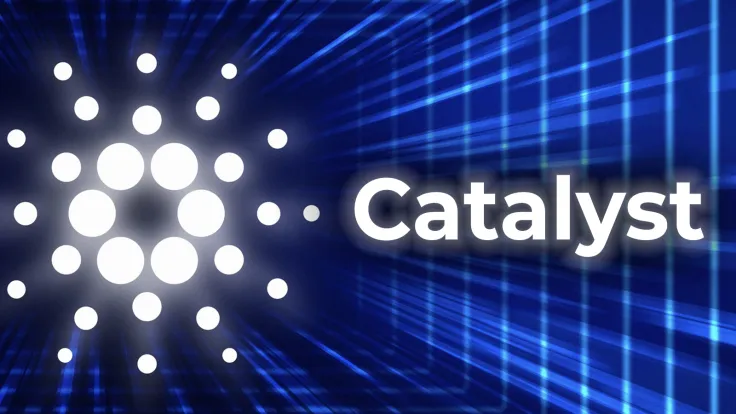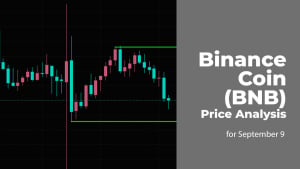
Cardano Catalyst, the governance initiative that lets users fund developer proposals, is facing some serious manipulation issues. The platform aims to improve the Cardano network by allowing users to vote on proposals that promise to create more use-cases and enhance the ecosystem. Unfortunately, not everyone uses it in the intended way.
Let's dive into a glaring example. Imagine a single proposer submitting 29 different proposals, each under $1 million, for a combined total of $11.5 million. That's a whopping 23% of all funds allocated for Fund 10 (F10).
Now, here's the kicker: You can easily downvote all these proposals by searching for the keyword "oussama" within the Catalyst voting app. Why would you do that? Because downvoting these proposals increases your voting power for the proposals you actually favor.
But wait, there's more. Some developers have been crafting proposals so convoluted that they are nearly impossible to understand. Yet, these proposals claim to be urgently needed for the network's immediate improvement. It's like someone selling you a puzzle with missing pieces but insisting it is a masterpiece.
So, what does all this mean for Cardano Catalyst? On the one hand, the initiative offers a democratic way to fund projects that could genuinely improve the Cardano network. On the other hand, the system is ripe for manipulation, allowing crafty individuals to game the system for their benefit.
The platform has proven to be a game-changer in blockchain governance. However, these manipulation tactics are muddying the waters, casting a shadow over what could be a revolutionary initiative. Participants and observers need to stay vigilant, scrutinize proposals carefully and call out manipulative tactics.

 Dan Burgin
Dan Burgin U.Today Editorial Team
U.Today Editorial Team